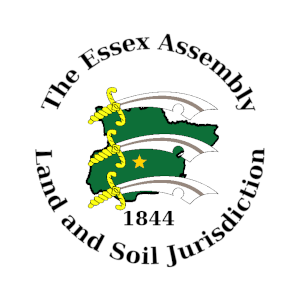FAQ 056. USE of "their" and "they" singular or plural for he and she?
May 02, 2025English “they” has not “become” both a singular and plural possessive pronoun. It has probably always been such a pronoun, or at least since the time of Chaucer in the 1400s and the King James Bible in 1611. The possessive pronoun “their” has a similar long usage in English.
Unfortunately many English teachers followed the teaching of an American attorney that this usage was improper. But he was wrong and many students were exposed to wrong teaching because of him.
By the way, this usage of “they”and “their” does not refer to singular and plural. Instead it refers to a different category in English grammar, namely indefinites. Indefinites are neither singular nor plural, but, rather, refer to entities for which we do not know their identity. So, in the following sentences the boldfaced words are indefinite pronouns, not singular and not plural. There is nothing wrong with using “they” or “their” in the following sentences. This is good, logical, grammatical usage to refer to indefinites:
“Everyone should bring their own lunch tomorrow.”
“Someone is at the door; I wonder who they are.”
“To each their own.”
Notice that “everyone” in the first sentence does not sound like a singular. It even has “every” in it, which sure does not sound singular to me. “Everyone” sounds like every individual to me.
“Each” has a similar feel to me. It doesn't sound singular to me. I realise that the third sentence example I gave has often been said as “To each his own”. But this sounds like it refers to males, rather than to anyone, regardless of their gender. The proper pronoun in that sentence has been and remains “their”. It’s too bad that the American attorney messed up the teaching of English grammar so much with his mistake by insisting that the only grammatical pronoun in that sentence is “his”.
BTW if we use they and their it can make paperwork simpler. Happy days!


